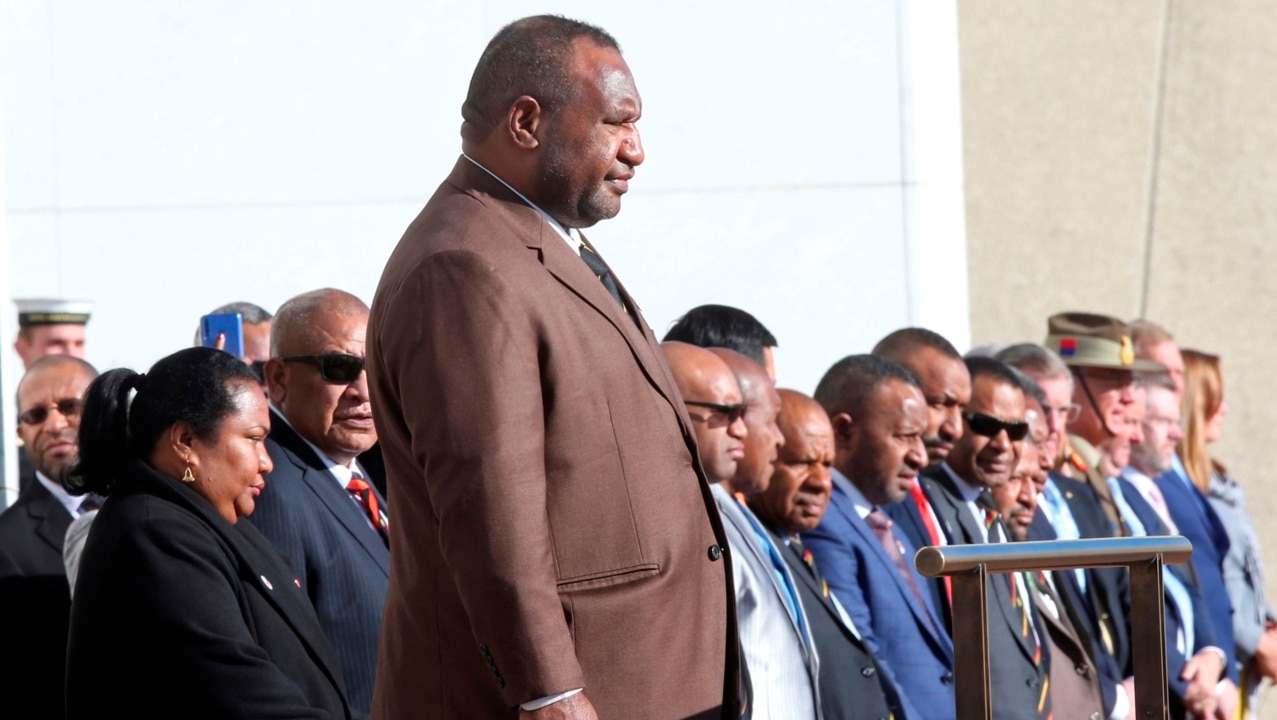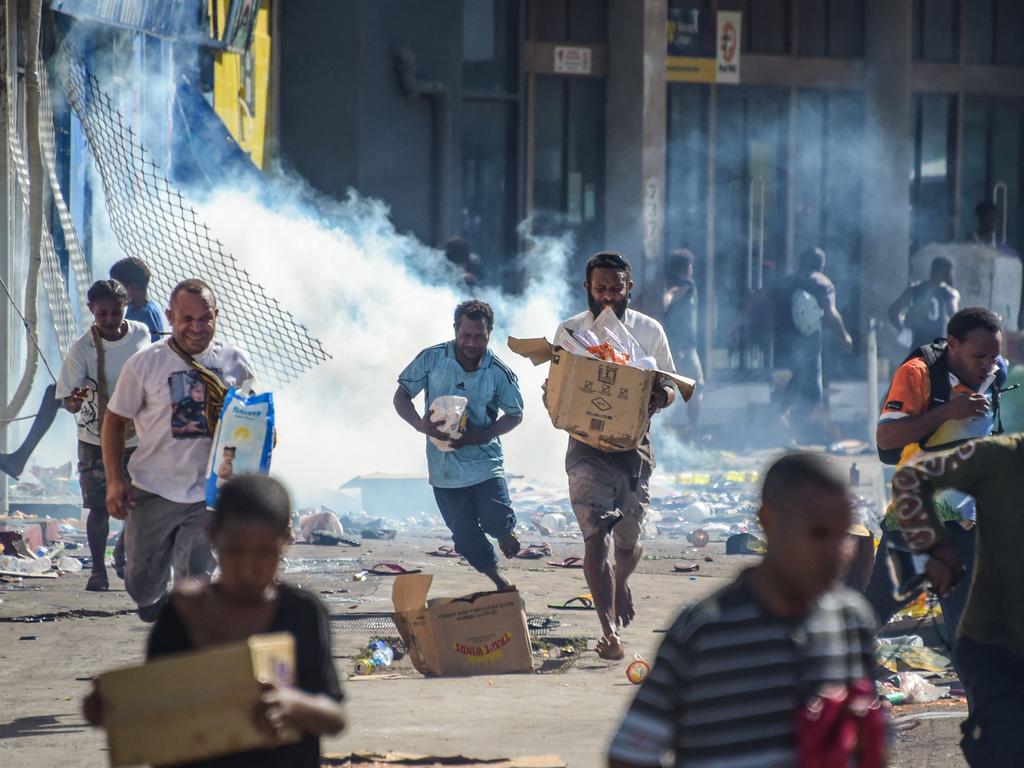PNG LNG project at risk from political interference warns outgoing minister for energy
A second LNG project in Papua New Guinea has been earmarked as transformative, but the country’s outgoing energy minister has warned political interference may stand in its way.

The Santos-owned $US15bn Papua LNG project, earmarked by the Pacific nation to spur economic growth and lift swathes of its population above the poverty line, is at risk of political interference, the country’s outgoing minister for energy has warned.
The damning verdict from Kerenga Kua, who announced his resignation as Minister for Energy on Friday, hints the PNG government, which has united behind Prime Minister James Marape, is fracturing and threatening the LNG industry.
Upheaval would create instability for the Pacific Island country which has designated LNG as a major pillar of economic growth, according to Mr Kua.
“It is becoming very clear that the only important consideration was the protection, preservation and advancement of the interests of the political leadership,” Mr Kua told The Weekend Australian.
“Papua LNG … there is a risk of political interference that may threaten the progress of the project from (the final investment decision) to construction.”
Papua LNG is being developed by Santos, France’s TotalEnergies and ExxonMobil.
Mr Kua said PNG’s government is moving to add 70,000 people as purported landowners to an independently determined list, giving them access to potential lucrative revenues, which he said was motivated by politics.
By increasing the number of landowners, Mr Kua said total benefits would be halved for the previously included landowners, and there is now a heightened risk of conflict “both in and out of court”.
Mr Kua also said there are signs of Total being pushed to use specific contractors. Under Mr Marape’s government, resource projects are mandated to use local businesses for one third of all work, but Mr Kua said he has been informed of efforts to force the developers to use certain PNG businesses.
The warning of a potential conflict and strongarming will alarm supporters of the project.
PNG earlier this month was forced to declare a state of emergency after 16 people were killed in rioting, triggered by a police and public sector protest over a pay cut which officials blamed on an administrative glitch and descended into lawlessness.
The three global LNG giants backing Papua LNG are also extremely sensitive to upsetting PNG residents. Total, the lead developer of the project, has promised the development will provide jobs and much needed royalties for residents.
The partners last year moved to accelerate work on the project after a series of false dawns since gas was first discovered in the country’s gulf province in 2006.
A final investment decision on whether to proceed with the 6 million tonnes-a-year project is expected later this year once the developers complete full engineering and design work on the project.
A failure to proceed with Papua LNG would be a hammer blow to Mr Marape, who came to power on a signature policy platform, maximising returns from resource projects.
Mr Marape won power back 2019, and he immediately put some of the world’s biggest resources companies on notice over a perceived lack of wealth flowing from their projects back to communities.
The PNG government will take a 22.5 per cent stake in Papua LNG, higher than the 19.6 per cent held in the country’s sole other development, PNG LNG.
Under the terms of the gas agreement with the government, Papua LNG would also make 5 per cent of its gas available for the domestic market, helping ensure energy security.
Even if the project can overcome any political instability, there is growing concern about financing and the availability of contractors which could delay first gas, currently scheduled for 2028.
Financiers in France, the United States and Australia are under mounting pressure to reduce or refrain from lending to new gas developments, in stark contrast to Chinese institutions.
But Western governments are also concerned about any sign PNG is moving closer to China amid regional jostling for influence.
PNG’s national company, which will become a shareholder in Papua LNG, Kumul Petroleum late last year said it is in advanced talks with three Chinese banks to help finance its share in time for the project’s final investment decision.






To join the conversation, please log in. Don't have an account? Register
Join the conversation, you are commenting as Logout